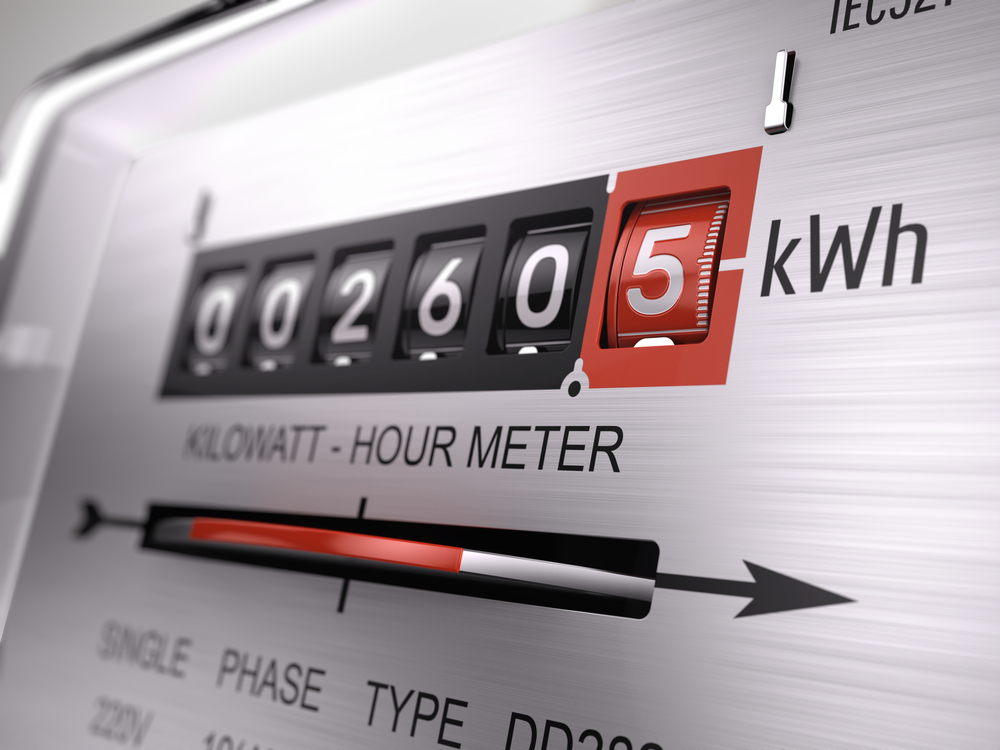Moving to Crete can be an exciting adventure, filled with beautiful landscapes, rich history, and vibrant culture. However, one of the essential steps for any expat settling into life on the island is setting up utilities in their new home. Understanding how to arrange electricity, water, gas, internet, and waste management services is crucial for a smooth transition. This practical guide will walk you through the process, providing useful tips and insights to help you navigate the local systems efficiently.
1. Electricity
Electricity in Crete is provided primarily by the Public Power Corporation (DEI or ΔΕΗ in Greek). To set up an electricity account, you will need to visit a DEI office, which can be found in major towns and cities across the island. Here are the steps to get you started:
- Documents Required:
- Passport or ID card
- Rental agreement or proof of property ownership
- Tax identification number (AFM)
- Procedure:
- Visit the nearest DEI office with the required documents.
- Fill out the necessary forms with assistance from the staff.
- Pay any applicable connection fees, which vary depending on the type and size of the property.
For those who prefer not to visit in person, DEI offers online services where you can manage your account and pay bills. However, the initial setup is best handled directly at an office to ensure all paperwork is correctly processed.
2. Water Supply
Water services in Crete are managed by local municipal water companies, known as DEYA (ΔΕΥΑ). The process for setting up a water supply is relatively straightforward:
- Documents Required:
- Passport or ID card
- Rental agreement or proof of property ownership
- Previous water bill (if applicable)
- Procedure:
- Visit your local DEYA office with the required documents.
- Complete the application form provided by the office.
- Pay any initial connection fees, which are typically modest.
Water bills are usually sent bi-monthly and can be paid at the DEYA office, local banks, or online through various payment platforms.
3. Gas Supply
While gas is not as commonly used in Crete as electricity, some homes use bottled gas for cooking and heating. There are no natural gas pipelines on the island, so bottled gas is the main source. Setting up gas services involves:
- Choosing a Supplier:
- Gas bottles are widely available at supermarkets, hardware stores, and specialized gas suppliers.
- Choose a reputable supplier based on recommendations or convenience.
- Installation:
- Ensure your home has the proper fittings for gas appliances.
- Many suppliers offer delivery services and can install the gas bottle for you.
Always check that your gas appliances are compatible with the local gas supply and adhere to safety standards.
4. Internet and Phone Services
Several providers offer internet and phone services in Crete, including OTE (Cosmote), Vodafone, and Wind. To set up internet and phone services:
- Choosing a Provider:
- Compare packages online or visit local shops to find the best deal for your needs.
- Consider factors such as speed, reliability, and cost.
- Documents Required:
- Passport or ID card
- Rental agreement or proof of property ownership
- Bank account details for direct debit payments
- Procedure:
- Visit the provider’s store or apply online.
- Provide the required documents and choose your desired package.
- Arrange for installation, which typically takes a few days to a week.
5. Waste Management
Waste collection and recycling services are managed by local municipalities. Here’s how to set up waste management:
- Contact Local Municipality:
- Visit the local municipal office to inquire about waste collection services.
- You may need to register your property for waste collection.
- Understand the Schedule:
- Municipalities usually provide a waste collection schedule, including separate days for general waste and recyclables.
- Follow the schedule to ensure timely and efficient waste disposal.
- Recycling:
- Crete has a growing recycling program, with separate bins for paper, plastic, glass, and metal.
- Ensure you sort your waste according to the guidelines provided by your municipality.
6. General Tips for Expats
- Language: While many locals speak English, learning basic Greek phrases can be helpful, especially when dealing with utility providers.
- Local Assistance: Consider hiring a local agent or translator if you face difficulties with the setup process.
- Community Resources: Join local expat groups and forums to share experiences and get advice from other residents.
Conclusion
Setting up utilities in Crete might seem daunting at first, but with the right information and a bit of preparation, it can be a straightforward process. By following this guide, you’ll be well on your way to enjoying your new life on this beautiful island.


